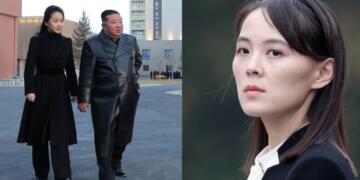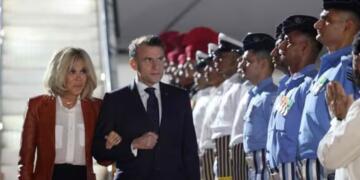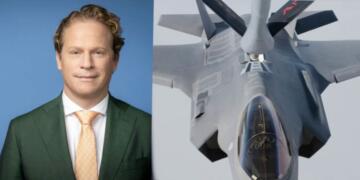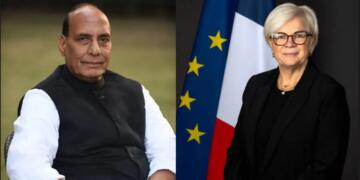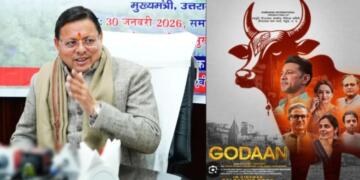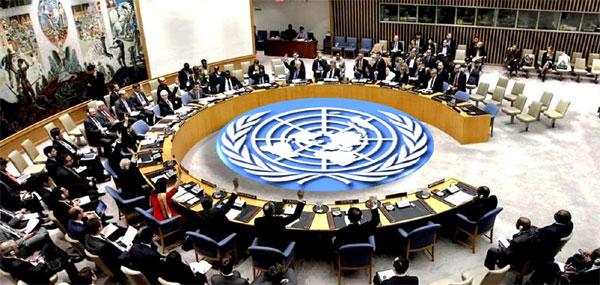Recently I read a book ‘ Perilous Intervention: The Security Council and politics of chaos ‘ penned by Mr. Hardeep Singh Puri who as a diplomat has served India in various parts of the world including United Nations. He was the permanent representative of India for 2009-2013 period at the UN. His time there intersected with the duration when India was a non-permanent member of the security council. Mr. Puri was also the chairman of counter-terrorism committee from January 2011 to February 2013.
The book mainly deals with different case studies of geo-politics reflecting the failure of United Nations for protecting the virtues that were to be protected by it. After world war 2 the word has become more complex and different challenges have arisen; terrorism is one of the imminent threat. Mr. Puri has taken different cases of countries like Libya, Ukraine, Syria, Sri Lanka where foreign countries intervened to improve the civil rights oppressed by the autocratic government but got entangled in the war that deteriorated the situation instead of ameliorating it.
In other words the interventions were in the garbs of justice, equality and liberty which were in fact in the selfish interests of few world powers making their target country a coliseum to exhibit their power. During the crisis, Mr. Puri explains how different governments, world powers, lobbyists, media and think tanks react to make the situation look black and white when its grey.
Interventions in Libya and Iraq have damaged the country more after the war than before it. For example, the situation in Iraq was much better when Saddam Hussain was alive whose fear kept radicalism at bay, similarly, Muammar Gaddafi ruled Libya was much stable than the civil war that the country is facing today. The void of Saddam Hussain (along with other reasons) has given birth to the radical Islamic terrorist organization such as ISIS which is a menace not only in Middle East but also have marked its presence in India. This does not mean that I am absolving them for the crimes they have committed but want to make a point that the wars waged on the countries should have been meticulously planned and the consequences thought beforehand.
The CIA officer who interrogated Saddam Hussein after his capture now agrees that Iraq would have been best off if the dictator had been left to run it.
Syria again is another example where the western narrative is completely biased and is being questioned only after the western policy on middle-east has failed to bring end to chaos. It is also well known that countries like Saudi Arabia and Qatar which played a major role in promoting the Syrian war are also big donors to the think tanks that paint Assad and other anti-western dictators as Lucifer in flesh.
But how all this is relevant to India?
India has advocated for the expansion of permanent members of Security Council. It is not alone to claim permanent membership of United Nations Security Council; Brazil, Germany and Japan also want the expansion of the council.
Syed Akbaruddin, India’s UN permanent representative declared that India was ready to temporarily disable the veto powers for the new permanent members that are to be included.
The G4 nations-Brazil, Germany, India and Japan have made clear that the issue of veto should not let the UNSC stop the expansion of the council. The outdated setup has 10 non-permanent members and 5 permanent members currently. The G4 countries each other’s candidature however each of them have opponents which do not want UNSC permanent members expanded. India’s candidacy is opposed by Pakistan, Japan’s candidacy opposed by China, Germany’s candidacy by Italy and Brazil’s candidacy opposed by Argentina citing reasons that the expansion will lead to imbalance of power in the world.
On the contrary the opposing countries suggest to form new category of long term members which would have temporary membership for longer duration. This clearly an attempt to put sand in the eye which would stop members to become permanent members. India’s position is that expanding only the non-permanent members would only worsen “the imbalance of influence” in the Security Council. Any proposal for council reforms without an expansion of the number of the permanent seats would be a grave injustice to the aspirations of the countries whose contribution to the peace cannot be neglected. India has support from 122 of the 193 member countries in the UN including the United States of America. Today there is a group of about 13 countries that does not want UNSC reformed including Pakistan.
According to the G4 the number and allocation of non-permanent seats have outlived their relevance since the UN was formed and the reform in 1965 when the number of non-permanent members was increased from six to ten.
India is an emerging world power and its voice needs to be heard by the world community. Not all foreign interventions are for avarice of power, India’s intervention in Sri Lanka may be a failure but its intervention in East Pakistan despite the opposition of the United nations, proved that it was necessary to prevent genocide and atrocities committed by the Pakistani army. It’s another classic failure of UN when it failed to stop Pakistan from conducting barbaric acts on its own citizens in Baluchistan. Power in the hands of few corrupts them all.
The old UNSC system is dysfunctional. It is either manipulated or paralyzed when a crisis looms over the world. So, it is in the interest of world fraternity to make the UN system work the way it was intended to by reforming it. Dominant powers have dealt with multilateralism where convenient and unilateralism where necessary. As the time passes day by day the situation gets worse, few powers are the marionettes who make the world sway to the symphony of destruction. If the Security Council is not reformed sooner than later, the history will not absolve United Nation’s hegemonic powers ( that back terrorism and occupy permanent membership ) for their blunders. Lastly, reforming UNSC is not a choice anymore but a necessity.


